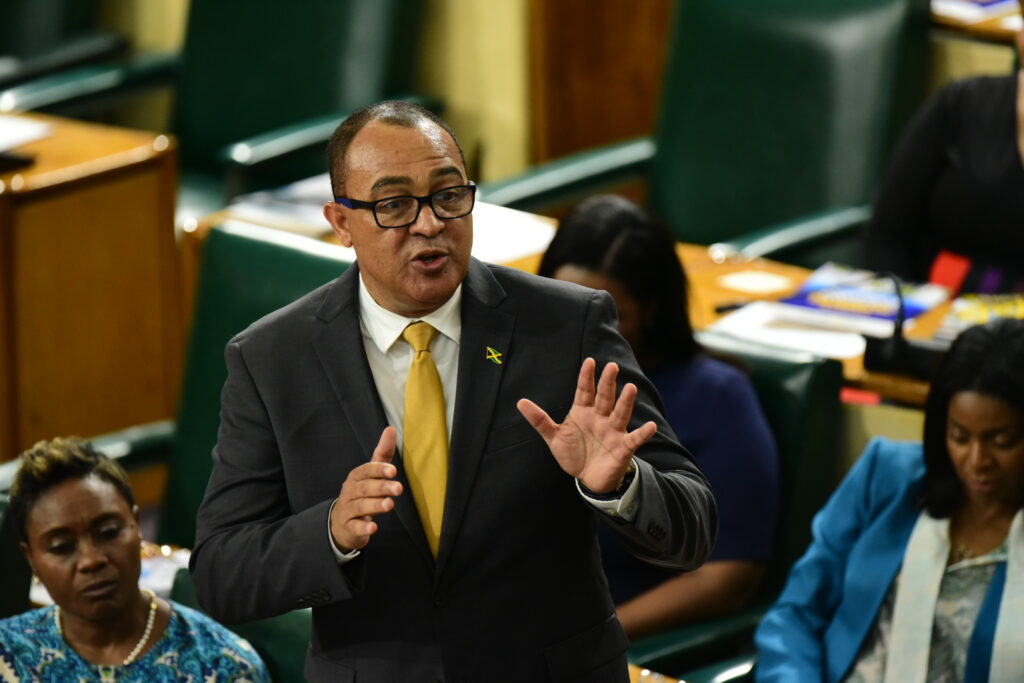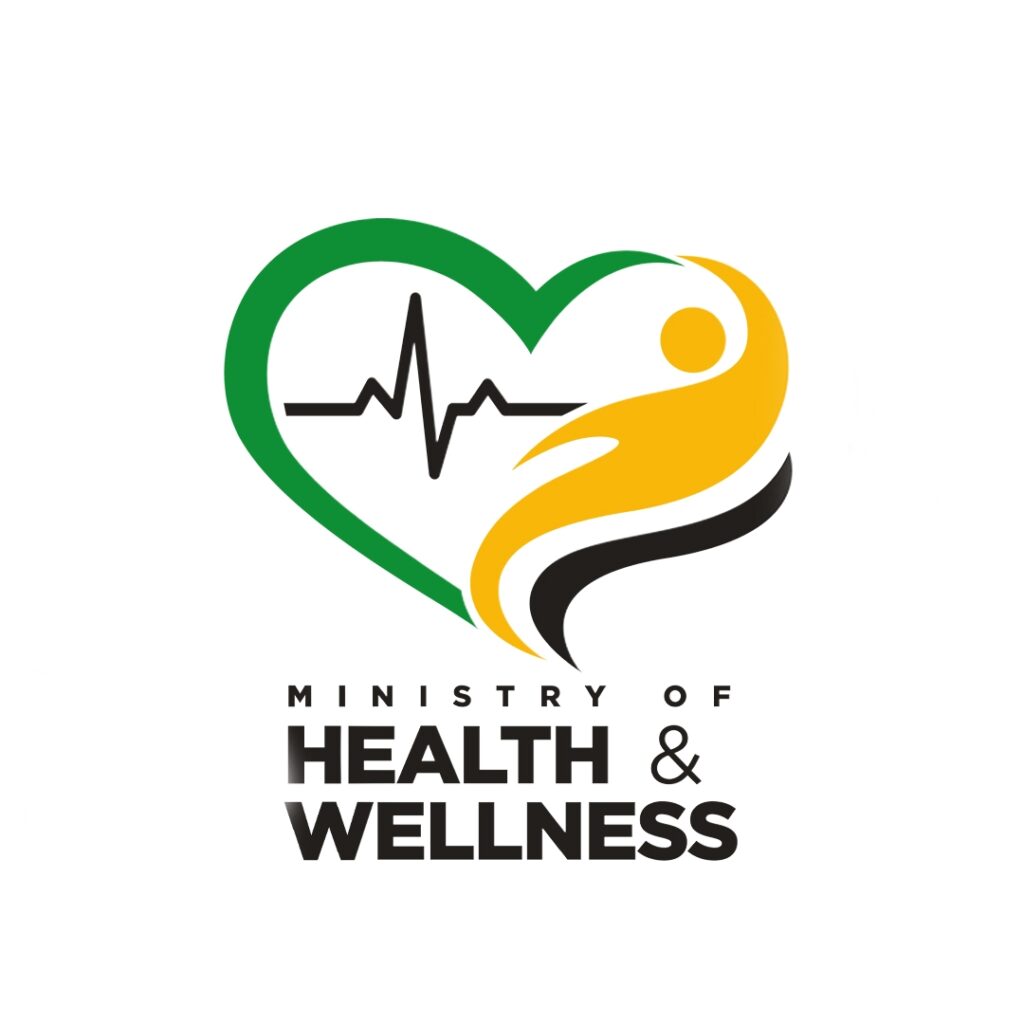

Durrant Pate/Contributor
Functions of the National Family Planning Board (NFPB) and National Council on Drug Abuse (NCDA) are being subsumed into the portfolio of the Ministry of Health and Wellness.
As such, portfolio minister Dr Christopher Tufton has tabled two bills in the parliament, the National Family Planning (Repeal) Bill and the National Council on Drug Abuse (Repeal) Bill to give the greenlight for both agencies to be taken over by the Health Ministry.
The bills provide for the integration of the NFPB and NCDA into the Ministry of Health and Wellness, as well as the transfer of the functions, assets, rights, and liabilities of both entities to the ministry.
The NCDA was established as a corporate body by the Government in December 1991 pursuant to the NCDA Act to review and monitor the misuse of drugs in Jamaica, while the NFPB was established under the National Family Planning Act (1970). The NFPB is responsible for preparing, carrying out, and promoting family and population planning programmes in Jamaica.
This, is in addition to its function as acts as the principal agency of Government for the allocation of financial assistance or grants to other bodies or persons engaged in the field of family and population planning in Jamaica.
Integration within the Health & Wellness Ministry
Minister Tufton disclosed that the “NFPB will be integrated into the ministry as a division called the National Family Planning Services, Madam Speaker, while the National Council on Drug Abuse will become a department of the Ministry of Health & Wellness.”
He said the National Family Planning Services Division will seek to strategically adopt key constructs of the social determinants of health, a people-centred approach and the social ecological model to expand the national health response.
The goal will be to advance a people centered approach towards the achievement of sustainable health outcomes among the most vulnerable populations.
Key among its functions, according to minister, “will be to foster an enabling environment for care pathways ensuring the establishment of referrals and counter referral systems and care transition for health-related non-clinical issues; and coordinating structured partnerships and strategic alliances for the merging of the health sector with social services sector and the civil society for the effective implementation of client centered approaches across sectors.”

The new division will also be tasked with empowering and engaging individuals, families, and communities to increase coverage of the underserved and marginalized and enhance mutual accountability. The NCDA, while continuing its core functions, will see an expanded mandate to include national response to mental health.
Minister Tufton was quick to point out that “the integration of these two entities is in accordance with the Public Sector Transformation Action Plan that outlines the policy on the Categorisation and Rationalisation of Public Bodies (which includes, mergers, closures, shared service arrangement and divestment of several public bodies), which notes that the functions of these entities do not require body corporate status. Additionally, Madam Speaker, the integration will allow for the achievement of synergy in operations and greater efficiency.”
Eradicating duplication of efforts
At the same time, the integration will see the streamlining of services and eradicating duplication of efforts. Minister Tufton told the House of Representatives that the repeal of the NCDA Act will lead to consequential amendments to the Dangerous Drugs (Amendment) Act.
The main adjustments, he explained, will see the replacement of any reference to the NCDA with the Ministry of Health & Wellness with the minister adding that comments on both bills were sought and received from the Attorney General’s chambers.







Comments